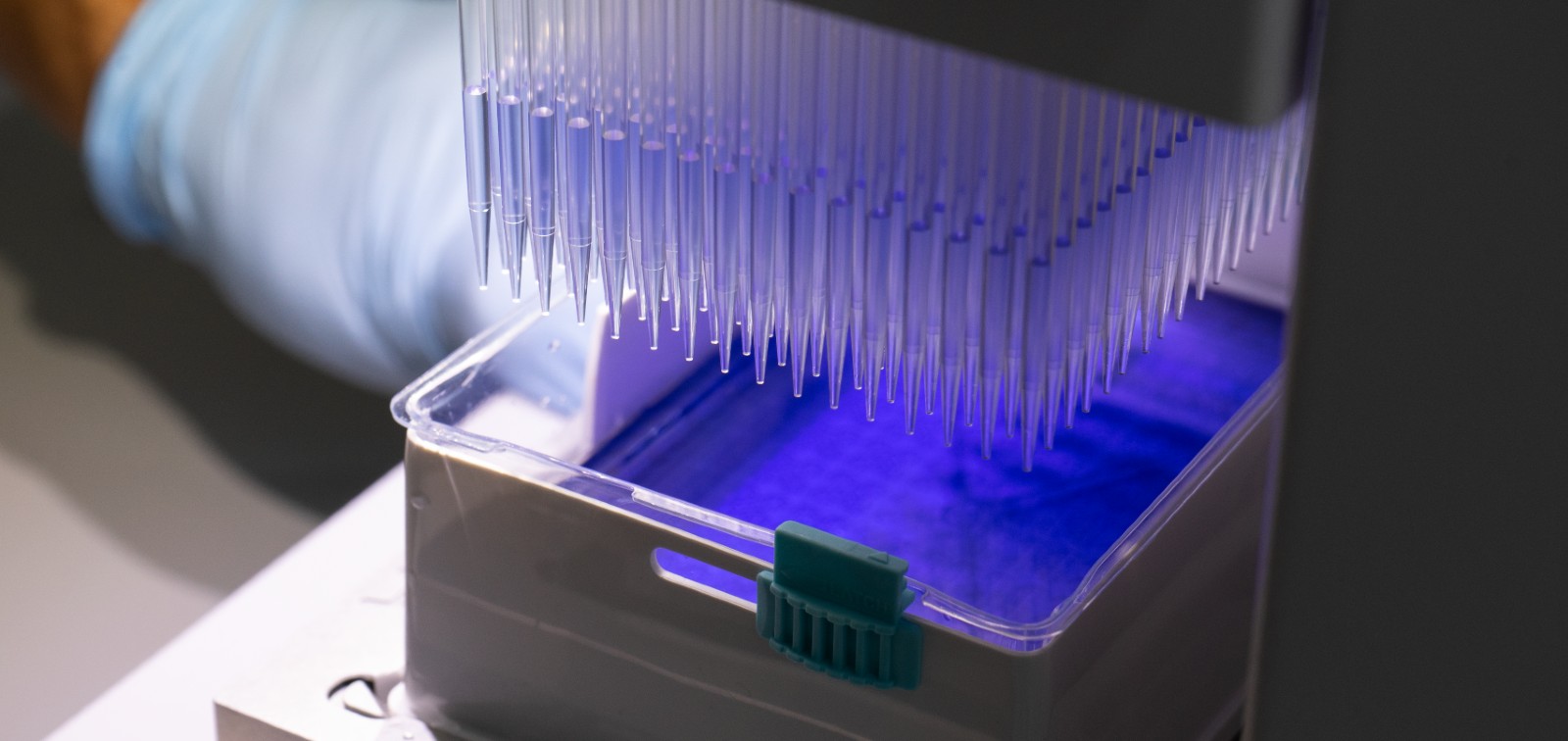ISGlobal Participates in a Project to Develop More Effective Malaria Vaccines
The NIH-funded project seeks to understand how environmental factors and baseline immune status influence vaccine responses
28.11.2022
The National Institutes of Health (NIH-NIAID) in the USA has established a consortium to identify the environmental factors and underlying immune mechanisms that may explain the variation in response to malaria vaccines. The results will help develop and deploy vaccines that are highly effective in African children, who need them the most. As part of the consortium, NIH-NIAID has awarded funding to a project led by Leiden University Medical Center and co-led by ISGlobal and Radboud University Medical Center, also involving the Swiss Tropical and Public Health Institute, Tubingen University, Sanaria Biotechnology, and Yale University, which will study children and adults in Africa who have received the two most advanced malaria vaccines.
There is one malaria vaccine already approved for use (RTS,S/AS01E) and several others in the final stages of clinical trials. They all have one thing in common: the immune response they trigger varies widely, depending on the country and the target population. For example, the efficacy of the candidate vaccine containing an attenuated form of the whole parasite is 80-100% effective in the European population but only 30-55% effective in the African population. Likewise, the efficacy of RTS,S varies considerably not only according to age, but also between countries, and even between urban and rural areas. "This suggests that there are environmental factors that influence the efficacy of these vaccines," explains Carlota Dobaño, who leads the malaria immunology group at ISGlobal.
The project in which Dobaño's group participates and Paula Petrone of ISGlobal’s Data Science group collaborates, is based on the hypothesis that exposure to environmental factors (including previous exposure to the parasite) results in an immunological signature that modulates the response to the vaccine. The researchers will analyse gene expression, antibodies, and the number and type of immune cells in blood samples obtained from different cohorts of people immunized with the different vaccines (RTS,S or the candidate vaccine based on the attenuated parasite). They will use cutting-edge technologies to generate and integrate a large amount of individual-level data and identify possible pathways and mechanisms leading to reduced vaccine responses.
"From ISGlobal we are coordinating the data and samples from the paediatric cohorts vaccinated with RTS,S (from 7 African centres that participated in the phase 3 trial). In addition, using Luminex technology, we will evaluate the level, quality and type of antibodies against the parasite, which will give us information about previous parasite infections," explains Gemma Moncunill, Dobaño’s teammate. The group also plans to characterize the responses of B lymphocytes (responsible for generating antibodies) to see if they have any functional abnormalities that could affect the response to the vaccine.
The four specific objectives of the project are: to define basal immunological profiles associated with a good vaccine response at the individual and population level; to characterize the environmental exposures associated with vaccine protection; to understand the mechanisms; and to create a collaborative data platform. The consortium thus hopes to generate data and develop innovative strategies to determine the doses, intervals and adjuvants needed to increase vaccine protection.
As Maria Yazdanbakhsh, project coordinator and researcher at LUMC, points out, "We need to develop an effective vaccine in the countries that need it the most to complement other public health measures and reduce the enormous burden of this disease worldwide."



